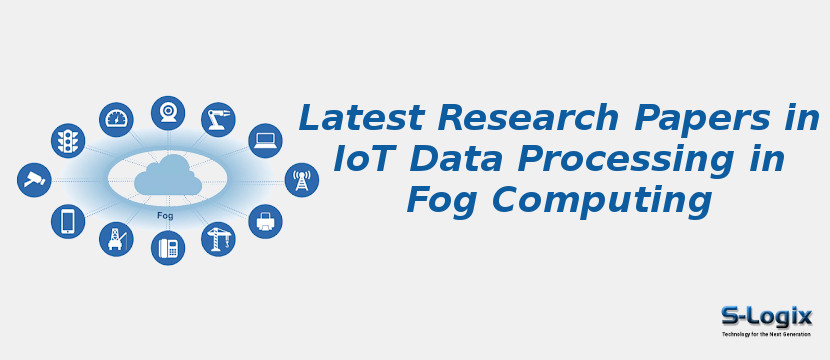IoT data processing in fog computing is a core research area that focuses on handling the massive volume, velocity, and variety of IoT-generated data closer to end devices, thereby reducing latency, network congestion, and reliance on distant cloud resources. Research papers in this domain investigate architectures, frameworks, and algorithms for efficient data acquisition, filtering, aggregation, storage, and real-time analytics within fog nodes. Studies explore stream processing, batch processing, and hybrid approaches tailored for heterogeneous IoT applications with strict Quality of Service (QoS) requirements. Recent works highlight the integration of machine learning, deep learning, and federated learning models into fog environments for intelligent IoT data processing, including anomaly detection, predictive analytics, and context-aware decision-making. Security- and privacy-preserving mechanisms are increasingly incorporated to protect sensitive IoT data during processing and transmission. Additionally, energy-efficient and resource-aware data processing strategies are emphasized to balance computational demands with the limited capacity of fog nodes. Applications span smart healthcare, industrial IoT, smart cities, intelligent transportation, and environmental monitoring, where near real-time processing of IoT data is crucial. Overall, research in IoT data processing in fog computing provides scalable, adaptive, and efficient solutions to support latency-sensitive and data-intensive IoT services.
